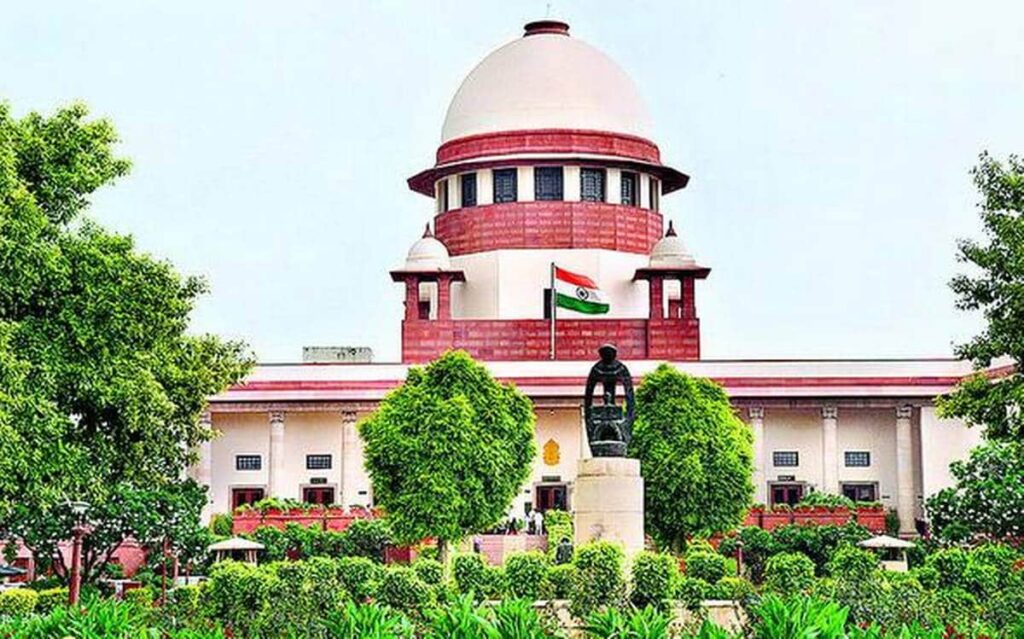(Dr. Guru Prakash Paswan)
In his book Why Socialism? Jayaprakash Narayanwrites: “Socialism is not a code of personal conduct but a system of social reconstruction. When we speak of applying socialism to India, the first thing that strikes us is the strange and painful fact of inequalities — of rank, of culture, of opportunity: a most disconcertingly unequal distribution of the good things of life. Poverty, hunger, filth, disease, ignorance — for the overwhelming many. Comfort, luxury, position, power — for the select few.”
Inequality, both social and economic, unfortunately, remains a significant problem for the country. The EWS quota is essentially a form of social justice for the economically marginalised.
Social justice has been one of the cherished goals of the makers of our Constitution. B R Ambedkar was instrumental in ensuring mechanisms for preferential treatment for socially marginalised sections in government education and employment. Injustices and oppression in the name of social hierarchy norms have been a dark spot in our otherwise rich civilisational history. Caste discrimination, unfortunately, continues as I write this. I read a report from Jodhpur, Rajasthan where Kishan Lal Bheel, a 46-year-old Dalit man, was beaten to death for drawing water from a tube well. Therefore, reservation — and representation — is a crucial enabling mechanism for millions of marginalised and dispossessed people in India. Taking everyone along must be a collective aspiration. In this light, Justice Dinesh Maheshwari made an important observation in the EWS quota case: “The 103rd Constitutional amendment for the EWS quota does not violate the basic structure of the Constitution.” He also said that EWS reservation does not cause damage to any essential feature of the Constitution by exceeding the 50 per cent ceiling for quota since the ceiling is itself flexible.
Veteran socialist leader Ram Manohar Lohia was continuously vocal against the prevailing socio-economic disparities. His writings and speeches always inspired nuanced public debate on the issues of the socially and economically marginalised. However, history will not be kind to the self-declared followers of Lohia and JP like the RJD and others like the DMK and AIMIM who opposed benefits that were intended to reach the last person in the line. It becomes imperative here to mention that these parochial caste-based outfits are out there solely to exploit and manipulate the fault lines in our society. For a political party to represent or speak on the behalf of only one group or community is an exclusionary approach. The RJD and DMK, which were premised on the idea of social justice, have stuck with one family and one caste. About the AIMIM, the less said the better: The party has roots in the Razakar movement that unleashed a violent operation against Hindus and other minorities.
From Gandhi to Deen Dayal Upadhyaya and from the principles of Sarvodaya to Antyodaya, our leaders always ensured the enfranchisement of the sarvahara.#Antyodaya https://t.co/I714ERMzAi pic.twitter.com/Wk5eRhw1fr
— Dr. Guru Prakash Paswan (@IGuruPrakash) November 9, 2022
It took us more than seven decades as a country to witness the rise of a woman from a tribal community to the highest constitutional office in the country. Only a person from the Dalit or tribal community can truly appreciate the meaning and implication of a tribal woman succeeding a Dalit man at Rashtrapati Bhawan. It is a matter of lived experience. Even this was opposed jointly by the so-called social justice brigade of Indian politics.
With the opening of more than 47 crore bank accounts, a war has been unleashed on financial untouchability. With the provision of more than 2 billion doses of Covid vaccines, we ensured a national bulwark to protect every citizen of our country, regardless of caste and community. Sabka Saath, Sabka Vikas is not just a slogan but a commitment for the current ruling dispensation. There has been a paradigm shift in governance in the last eight years under the leadership of Prime Minister Narendra Modi who has a first-hand experience with social and economic inequality. The landmark transformation of the empowerment mechanism under PM Modi is a product of his close familiarity with the challenges that are regularly faced by a person at the end of the line. From Gandhi to Deen Dayal Upadhyaya and from the principles of Sarvodaya to Antyodaya, our leaders always ensured the enfranchisement of the sarvahara.

